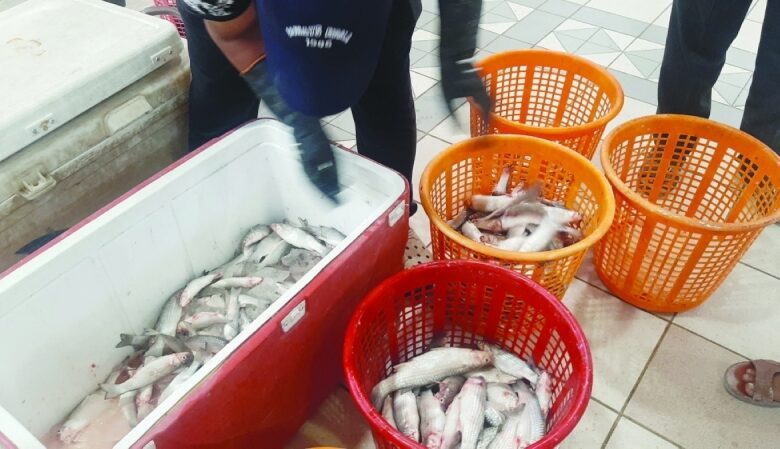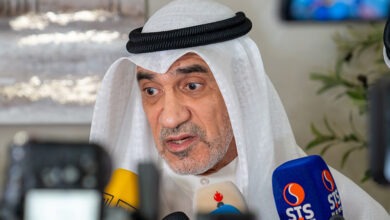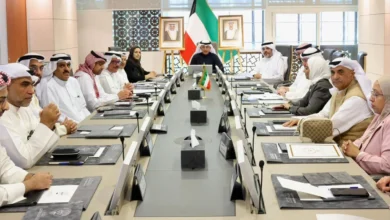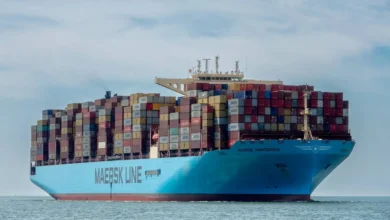KISR begins preparations to cultivate eight fish and crustacean species

The Kuwait Institute for Scientific Research (KISR) has launched a series of studies aimed at producing a variety of fish species to help meet the growing demand in the local market.
These efforts are part of a government-backed project, carried out in collaboration with the private sector, to cultivate eight types of juvenile fish and crustaceans, reports Al-Rai daily.
Dr. Amani Al-Yaqout, a researcher at KISR and head of the tilapia fish farming project, revealed that official coordination is already underway with several private companies, and practical preparations have begun.
Among the species selected for farming is the midge fish, which is widely consumed in Kuwait.
According to Al-Yaqout, the institute has started preparing ponds for raising the juvenile midge fish and has begun the bleaching process to support healthy cultivation. She noted that midge fish is one of the easiest species to farm and is in high demand locally.
Al-Yaqout explained that the institute will act as a central supplier of juvenile fish, while private companies will be responsible for the actual fish farming operations.
The species agreed upon for cultivation include Australian sea bass, sheem, zubaidi, various types of salmon, and several crustaceans, such as the Kuwaiti blue crab, large crab, jumbo shrimp, coral, sea cucumber, and some mollusks used in pharmaceutical applications.
She emphasized the suitability of Australian sea bass for aquaculture in Kuwait due to its rapid growth and resilience to both high temperatures and low-salinity water.
The same applies to sheem and zubaidi fish, although she noted that these species require higher salinity levels to maintain strong immunity and growth rates.
As for salmon, she pointed out that some varieties are known to tolerate high temperatures and have already been successfully farmed in Iran and Saudi Arabia.
Despite the potential of these species, Al-Yaqout identified several challenges facing the aquaculture sector in Kuwait. She said that salinity levels in local waters are generally low and the areas designated for aquaculture — such as Khor Al-Subbiya — are too limited in size.
Kuwait’s narrow coastal strip also poses spatial limitations, making it difficult to establish large-scale farming operations.
To overcome these constraints, Al-Yaqout stressed the importance of providing ample water resources, especially in desert areas, where tanks and enclosed artificial lakes can be set up.
These facilities would allow for better control over water quality, temperature, and energy usage. She highlighted the importance of preserving the environment and creating climate conditions tailored to each species, noting that solar power could be used as a clean and sustainable energy source to meet electricity needs.
Looking to the future, Al-Yaqout called for the establishment of a model fish farm in Kuwait.
This facility, she said, should incorporate modern aquaculture systems, rely on renewable energy, avoid wasting groundwater, and make use of reclaimed water for agricultural purposes. Such a farm would serve as a scalable model for sustainable fish farming in the country.












